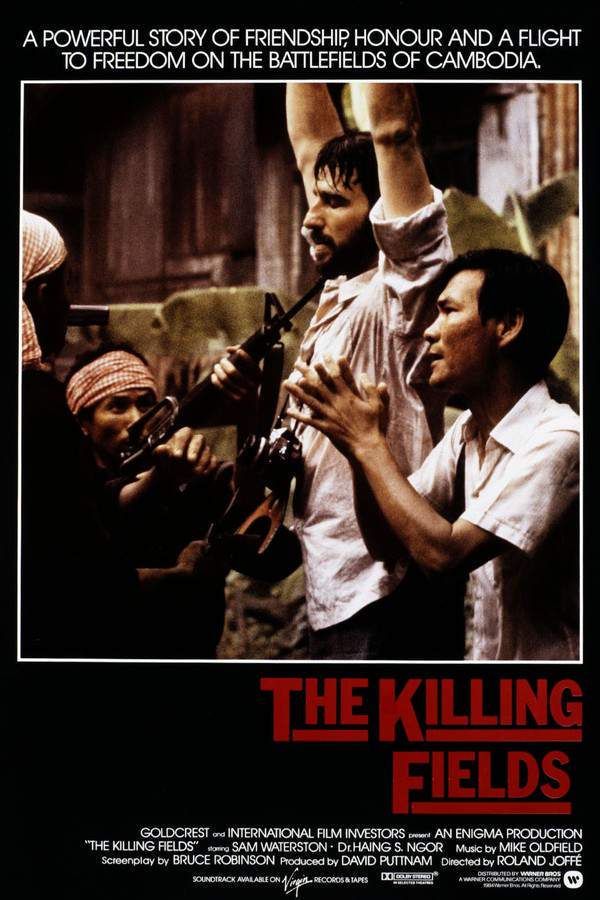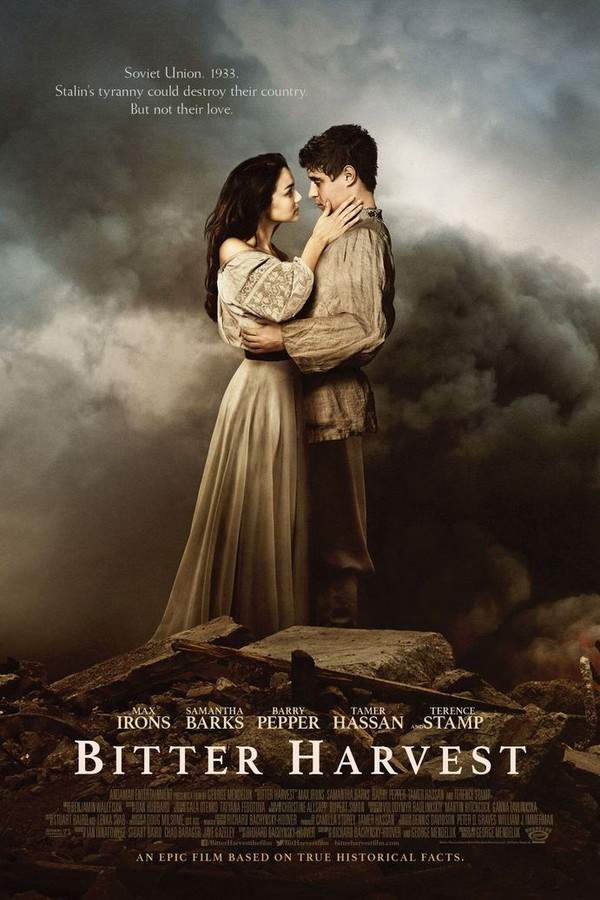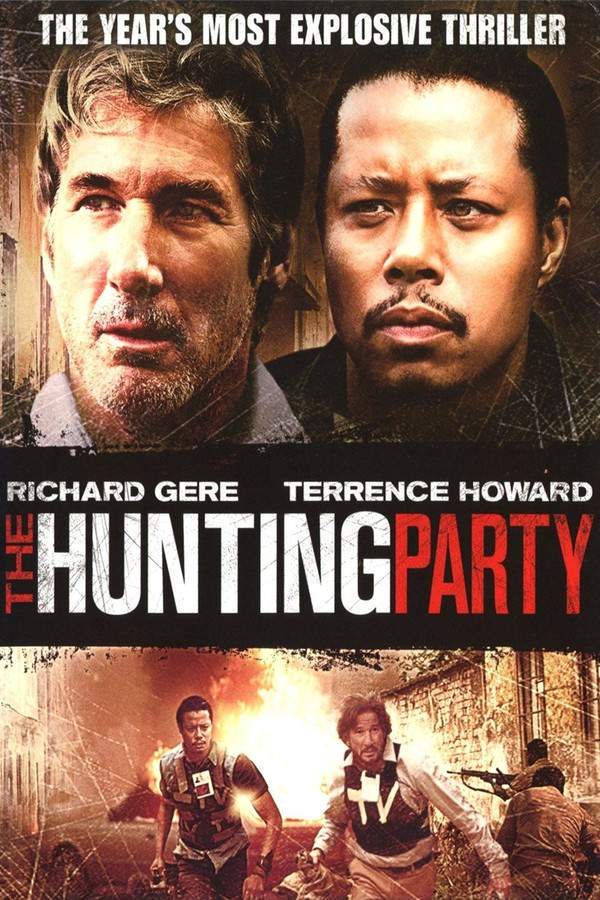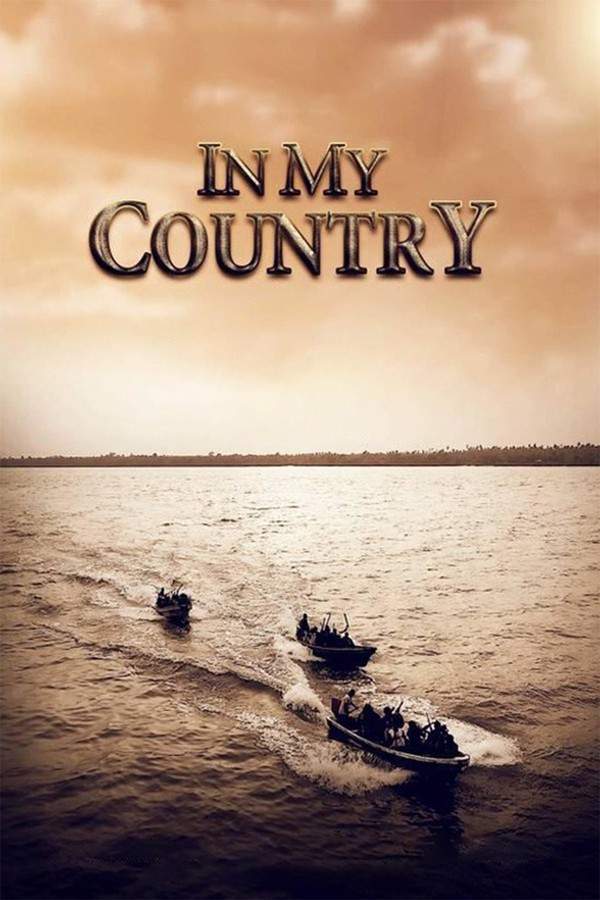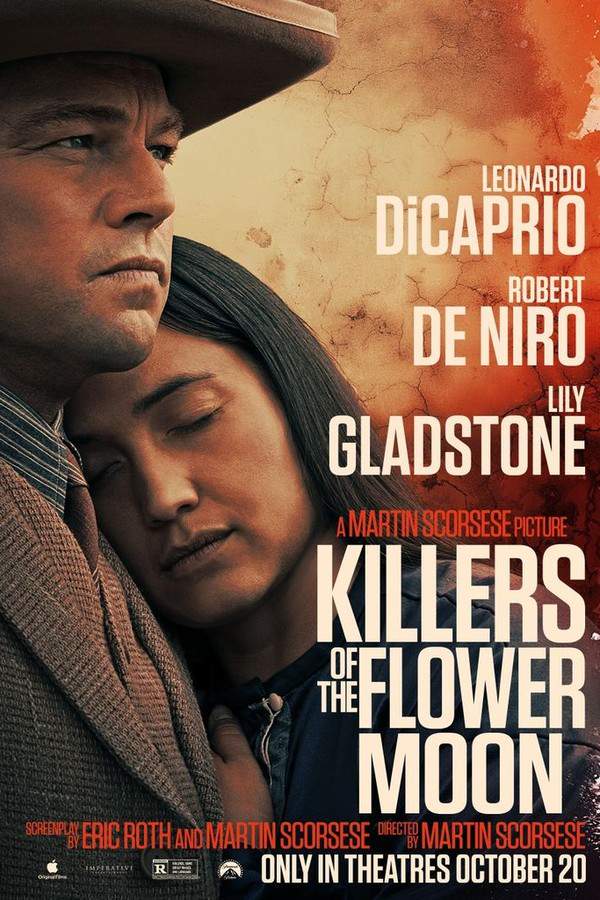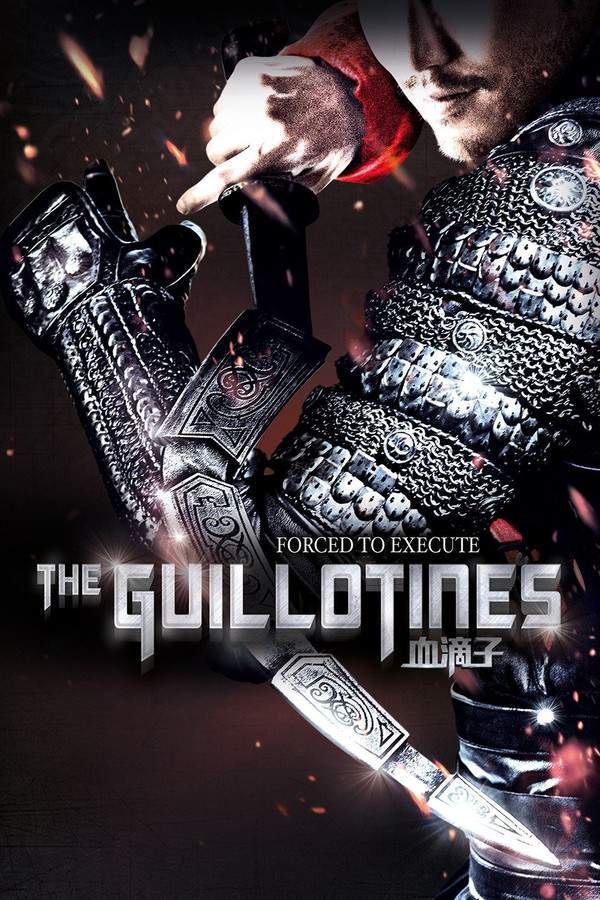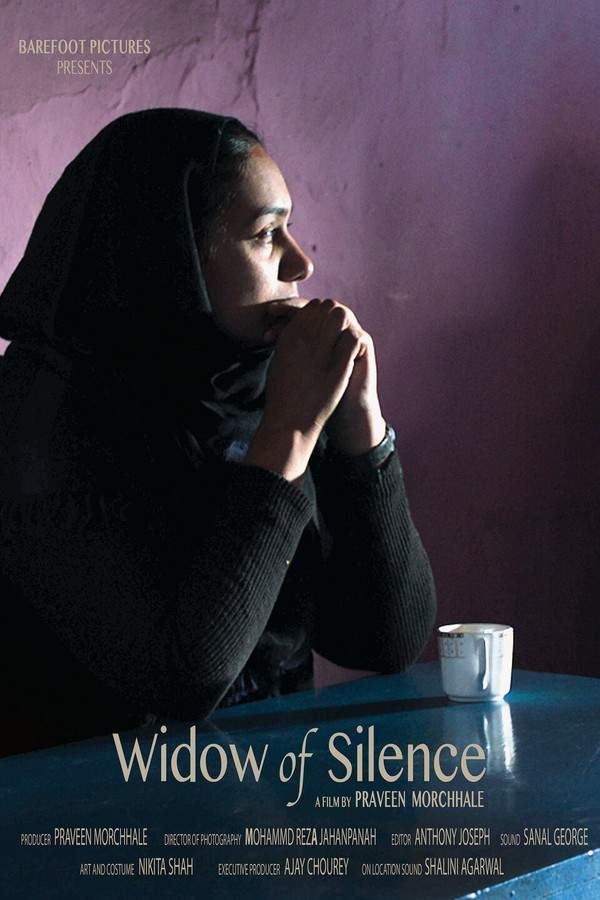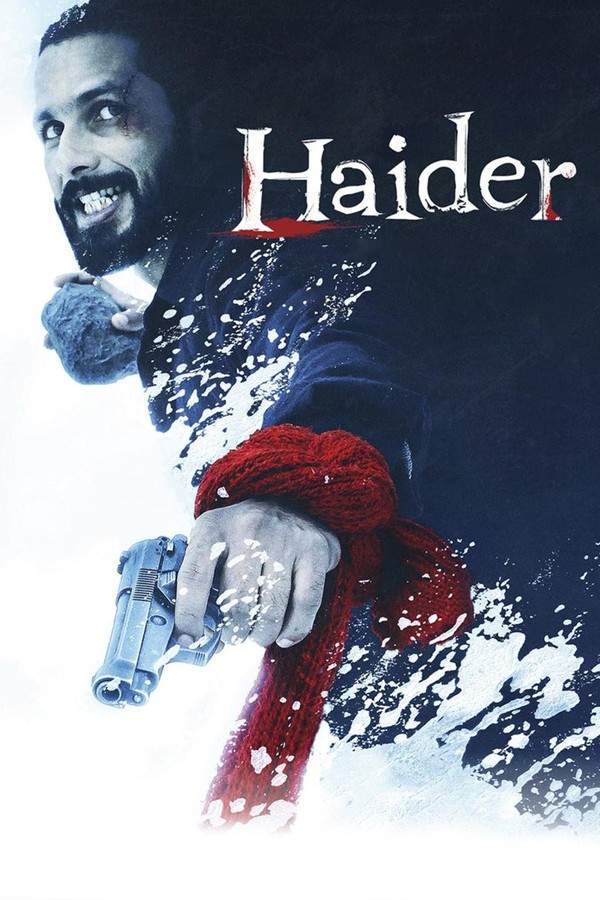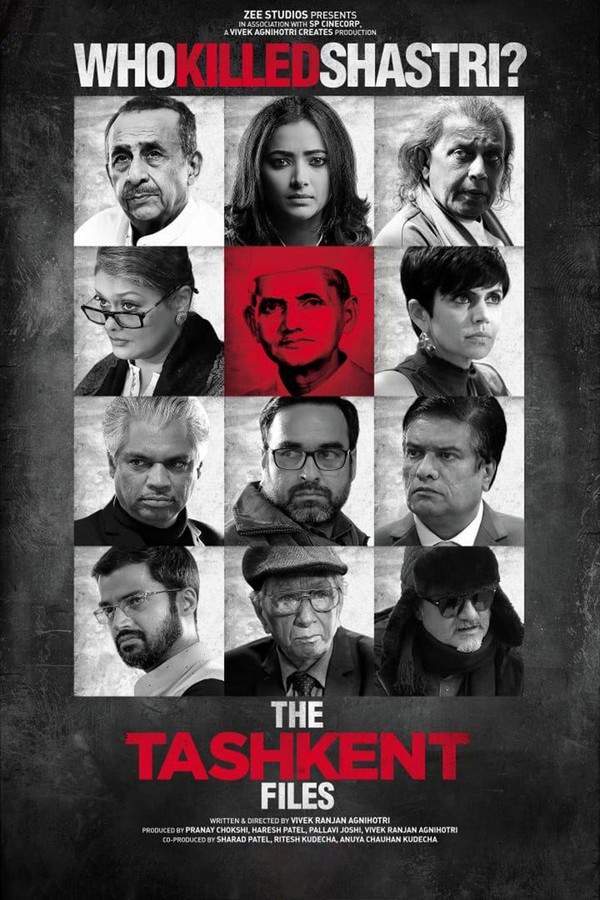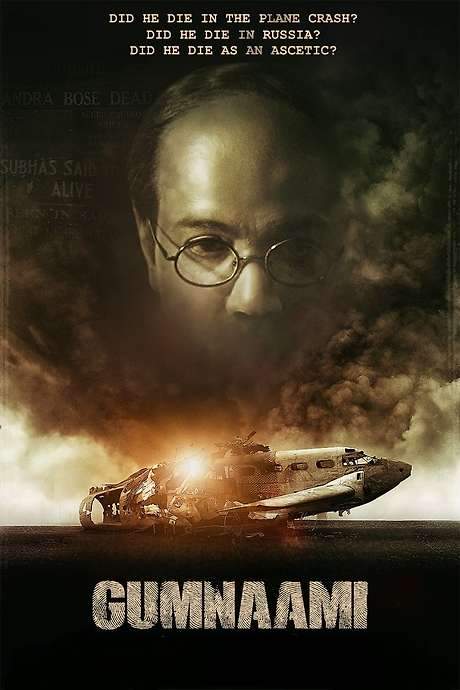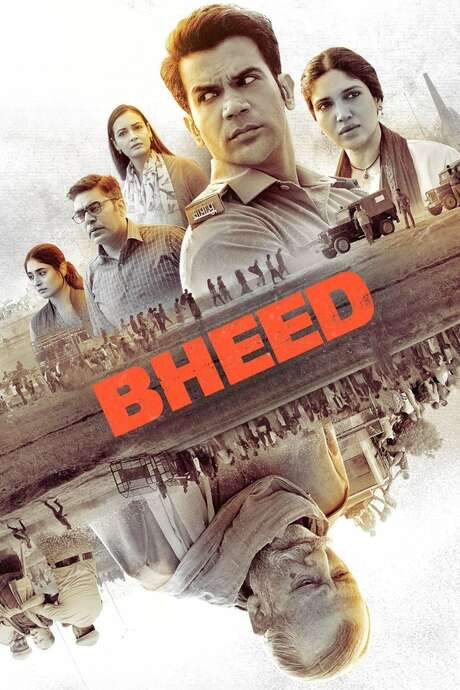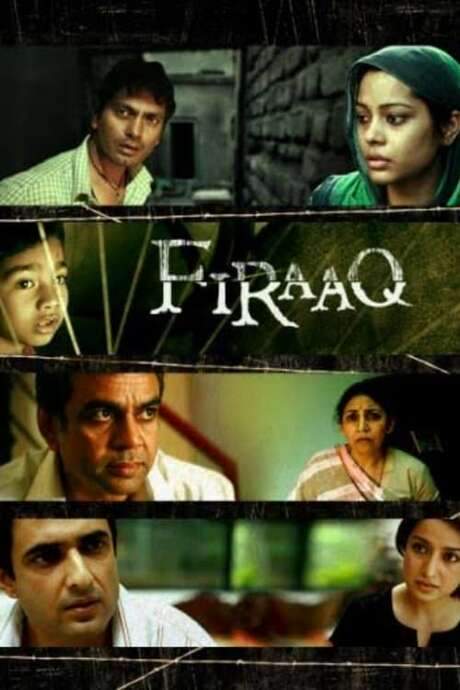
The Kashmir Files
Based on a true tragedy, this film explores the experiences of Kashmiri Pandits, a Hindu minority, who were forced to leave their homes in the Kashmir Valley during the 1990s due to violence by Islamic militants. The story sheds light on their suffering and the events that led to their displacement.
Warning: spoilers below!
Haven’t seen The Kashmir Files yet? This summary contains major spoilers. Bookmark the page, watch the movie, and come back for the full breakdown. If you're ready, scroll on and relive the story!
The Kashmir Files (2022) – Full Plot Summary & Ending Explained
Read the complete plot breakdown of The Kashmir Files (2022), including all key story events, major twists, and the ending explained in detail. Discover what really happened—and what it all means.
The film weaves two timelines into one expansive narrative: the present day in 2020 and a brutal, memory-suffocating flashback to 1989–1990 in Kashmir, where a community’s fear and endurance are put to the test.
In the late 1989–1990 period, Kashmir becomes a boiling ground of violence as Islamic militants storm into towns and banish Kashmiri Pandits from the valley. They unleash chilling slogans like the ones that echo through the turmoil:
convert (to Islam), leave or die
with god’s grace whole Kashmiri Pandit community will leave valley
Pushkar Nath Pandit, Anupam Kher, a devoted teacher, watches with mounting dread as his son Karan is marked by the militants as an Indian spy. Desperate to shield his child, Pushkar turns to his friend, Prakash Belawadi, a civil servant, for protection. The film follows the perilous journey that takes them from their home to safe havens as the violence intensifies. The tension is palpable as those in power respond with suspensions and narrow choices, and Brahma Dutt, Prakash Belawadi, the civil servant, becomes entangled in a fight to secure a safer future for the Pandit families.
The militant commander Farooq Malik Bitta, Chinmay Mandlekar, who is a former student of Pushkar, appears as a chilling figure of intimidation. In a brutal sequence that reveals the merciless logic of the attackers, Bitta’s men invade Pushkar’s home. Karan hides in a rice container but is discovered and fatally shot. Pushkar and his daughter-in-law Sharda Pandit, Bhasha Sumbli, plead for mercy. In a particularly harrowing moment, Bitta forces Sharda to ingest rice soaked in Karan’s blood in exchange for their lives. The hospital becomes a battleground as militants seize control and forbid treatment for non-Muslims, leaving Karan to die from his injuries.
In a bid to preserve life and dignity, Pushkar and his family seek refuge with their journalist friend Vishnu Ram, Atul Srivastava, who helps them find safety with Kaul, a Hindu poet who offers shelter to Pandits. Yet the brutality follows them: militants disguised as Indian Army personnel arrive in Nadimarg to seize Pandits. Sharda resists as they abduct her elder son Shiva and her, culminating in a mass grave where Kaul and his son are found dead, their bodies hanging from trees. With heavy hearts, the Pandits who remain are compelled to flee once more, and Pushkar must become the messenger of the horror he has witnessed.
The refugees eventually settle in Jammu, living on meager rations and crowded conditions. Brahma earns a position as an advisor to the newly appointed Governor of Jammu and Kashmir, while Pushkar presses for the removal of Article 370 and for resettlement. Brahma secures Sharda a government job in Nadimarg, and the family seeks a measure of safety by moving there. But the specter of violence never fully dissipates; one night, militants again target Pandits in Nadimarg, rounding up residents. Sharda resists once more, and the attackers murder her elder son and others in a brutal massacre. These events become part of the collective memory Brahma calls a genocide, a term that lingers in the minds of those who survived and later recount the atrocities to others.
fast-forward to 2020, and Krishna Pandit, Darshan Kumaar, Pushkar’s younger son, grows up under the care of his father, who has kept the truth of the past close. Krishna is a student at ANU, influenced by professor Radhika Menon, Pallavi Joshi, a fierce advocate for Kashmiri separatism. The political climate around Kashmir deeply colors Krishna’s worldview, challenging the memory of his family’s losses. Krishna’s perspective evolves as he becomes entangled in the ongoing debate about who bears responsibility for the region’s decades-long conflict, and his own sense of identity is tested by the competing narratives around Kashmir.
When Krishna runs for university president, he follows Menon’s guidance and becomes a voice for the history of Kashmir. The debate becomes a personal reckoning as Krishna discovers the files of newspaper cuttings compiled by Pushkar, which detail the vicious acts committed by militants dressed as Indian Army soldiers. The revelation confronts him with the painful truth his family endured and the broader question of accountability for the violence that displaced countless Pandits. He confronts this history directly, seeking to present it to those who have not lived through it.
Krishna’s journey leads him back to Delhi, where he delivers a pivotal speech at the ANU campus as part of his presidential bid. He elaborates on Kashmir’s history and the sufferings of his family and other Kashmiri Hindu victims, drawing on the evidence Pushkar had gathered. The moment is fraught with tension, as professor Menon and her students react with a mix of skepticism and anger, while others begin to listen with newfound curiosity. The speech becomes a turning point, challenging easy assumptions and inviting a more nuanced conversation about the past and its lingering impact. In the end, Krishna’s words resonate with some students, while others remain resistant, illustrating the ongoing struggle to reconcile memory with present-day political realities.
This deeply human story, anchored by the performances of Pushkar Nath Pandit, Anupam Kher, and Krishna Pandit, Darshan Kumaar, navigates the complex terrain of atrocity, memory, and resilience. It explores how families endure, how communities negotiate forgiveness and accountability, and how younger generations confront a history that is not easily contained or understood. The film presents a sober, thought-provoking portrait of a region scarred by violence, while also offering a glimmer of hope that dialogue, memory, and truth-seeking can foster understanding and healing in a difficult, divided landscape.
Last Updated: October 01, 2025 at 10:24
Explore Movie Threads
Discover curated groups of movies connected by mood, themes, and story style. Browse collections built around emotion, atmosphere, and narrative focus to easily find films that match what you feel like watching right now.
Movies about uncovering historical atrocities like The Kashmir Files
Characters on a difficult quest to expose a suppressed genocide or massacre.If you were gripped by the quest for truth in The Kashmir Files, explore these similar historical dramas and political films. These movies, like Hotel Rwanda or The Act of Killing, focus on characters uncovering suppressed genocides or massacres, providing a sobering and thought-provoking viewing experience for those interested in historical truth.
Narrative Summary
The narrative typically centers on a protagonist—a journalist, researcher, or survivor—piecing together evidence of a historical tragedy against a backdrop of denial. The structure often involves flashbacks revealing the brutal events, intercut with the present-day investigation, building towards a revelation that is more about acknowledging the truth than achieving conventional justice.
Why These Movies?
These films are grouped by their shared focus on exposing historical trauma and political denial. They create a similar, heavy mood through their unflinching subject matter, blend of past and present timelines, and a central theme of memory versus propaganda, resulting in a consistently somber and impactful experience.
Bleak political dramas about ethnic conflict like The Kashmir Files
Stories depicting the brutal human cost of political and ethnic violence.For viewers seeking movies with a similar grim and tense atmosphere to The Kashmir Files. This list features harrowing dramas about ethnic conflict and persecution, such as Paradise Now or The Killing Fields, that capture the high-intensity, emotionally heavy experience of communities caught in political violence.
Narrative Summary
The narrative follows a group or community as their world is shattered by sectarian or political violence. The plot is driven by survival, depicting acts of brutality, forced exile, and the psychological trauma inflicted upon the characters. The arc is often tragic, emphasizing the senseless loss and long-lasting scars of conflict rather than a redemptive resolution.
Why These Movies?
This thread groups films that share an exceptionally dark tone, high intensity, and a focus on the visceral reality of ethnic cleansing and political violence. They create a coherent, harrowing vibe through bleak atmospheres, heavy emotional weight, and disturbing themes centered on survival amidst chaos.
Unlock the Full Story of The Kashmir Files
Don't stop at just watching — explore The Kashmir Files in full detail. From the complete plot summary and scene-by-scene timeline to character breakdowns, thematic analysis, and a deep dive into the ending — every page helps you truly understand what The Kashmir Files is all about. Plus, discover what's next after the movie.
The Kashmir Files Timeline
Track the full timeline of The Kashmir Files with every major event arranged chronologically. Perfect for decoding non-linear storytelling, flashbacks, or parallel narratives with a clear scene-by-scene breakdown.

Characters, Settings & Themes in The Kashmir Files
Discover the characters, locations, and core themes that shape The Kashmir Files. Get insights into symbolic elements, setting significance, and deeper narrative meaning — ideal for thematic analysis and movie breakdowns.

The Kashmir Files Spoiler-Free Summary
Get a quick, spoiler-free overview of The Kashmir Files that covers the main plot points and key details without revealing any major twists or spoilers. Perfect for those who want to know what to expect before diving in.

More About The Kashmir Files
Visit What's After the Movie to explore more about The Kashmir Files: box office results, cast and crew info, production details, post-credit scenes, and external links — all in one place for movie fans and researchers.

Similar Movies to The Kashmir Files
Discover movies like The Kashmir Files that share similar genres, themes, and storytelling elements. Whether you’re drawn to the atmosphere, character arcs, or plot structure, these curated recommendations will help you explore more films you’ll love.
Explore More About Movie The Kashmir Files
The Kashmir Files (2022) Scene-by-Scene Movie Timeline
The Kashmir Files (2022) Movie Characters, Themes & Settings
The Kashmir Files (2022) Spoiler-Free Summary & Key Flow
Movies Like The Kashmir Files – Similar Titles You’ll Enjoy
Widow of Silence (2020) Complete Plot Breakdown
Haider (2014) Spoiler-Packed Plot Recap
The Tashkent Files (2019) Spoiler-Packed Plot Recap
Widow of Silence (2018) Complete Plot Breakdown
Mission Kashmir (2000) Story Summary & Characters
Kaafir (1000) Detailed Story Recap
Gumnaami (2019) Detailed Story Recap
LOC: Kargil (2003) Detailed Story Recap
Valley of the Wolves: Iraq (2006) Detailed Story Recap
Bheed (2023) Complete Plot Breakdown
Article 370 (2024) Story Summary & Characters
Firaaq (2009) Ending Explained & Film Insights
IC 814: The Kandahar Hijack (1000) Complete Plot Breakdown
The Kerala Story (2023) Story Summary & Characters
The Sabarmati Report (2024) Ending Explained & Film Insights


